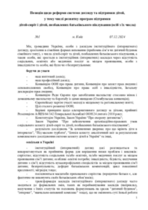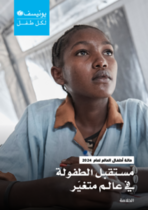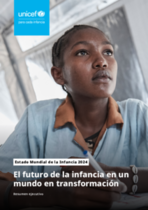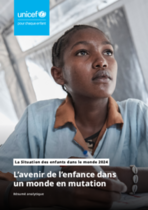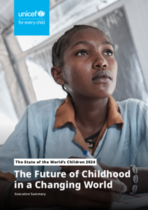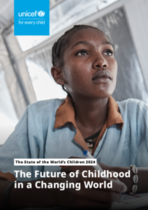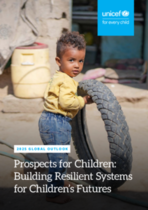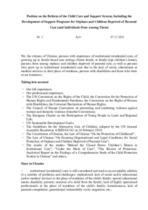Family First for Children Without Parental Care (FAFICA) 2024 Regional and Global Initiatives to Safeguard Every Child’s Right to Family Care and Protection
In this webinar, the Africa Working Group on Children Without Parental Care now called Family First for Children Without Parental Care, (FAFICA), explores key global debates and initiatives advancing care reform, including updates from the African Union and global events like the Global Ministerial Conference on Ending Violence Against Children.

